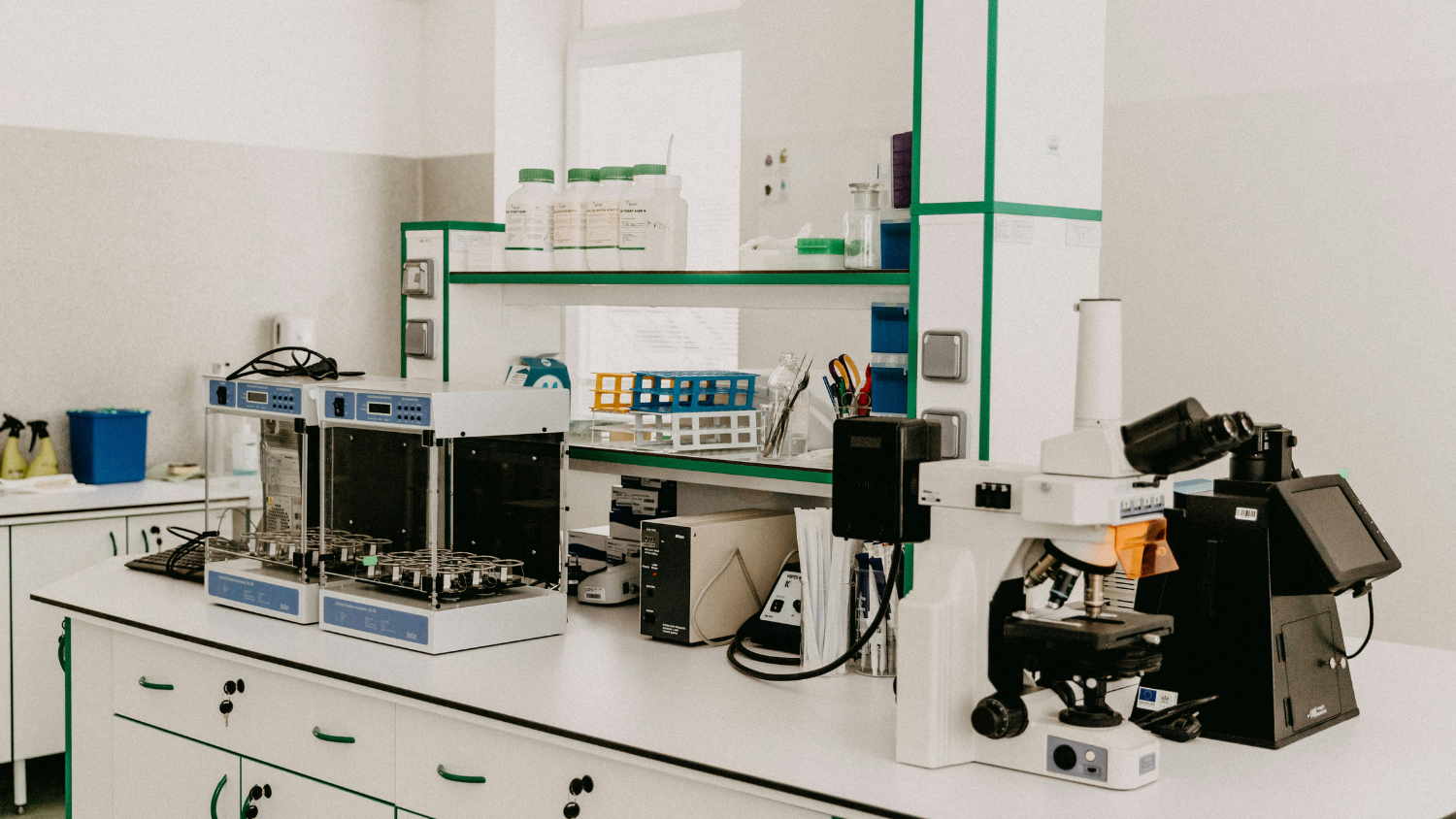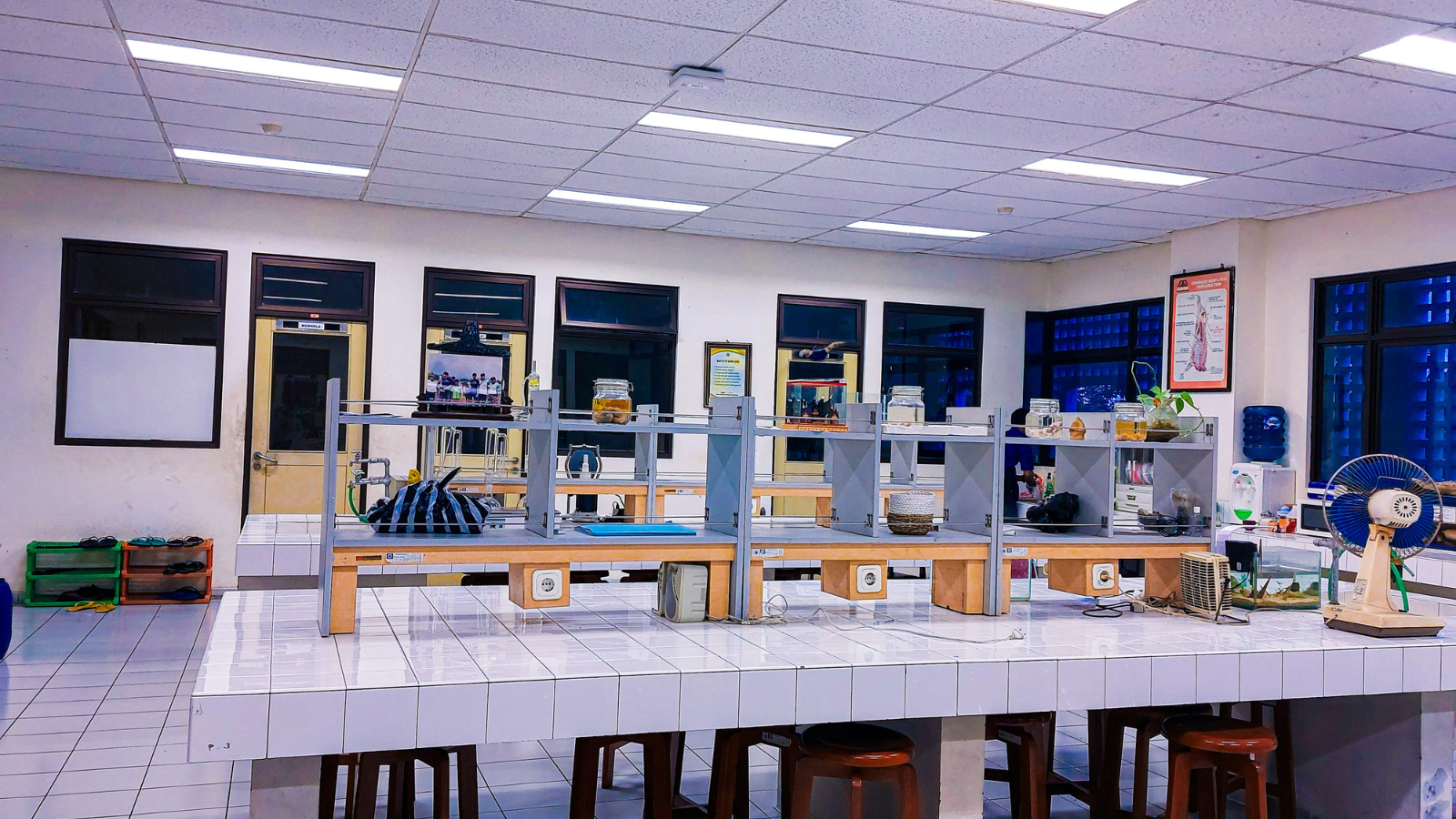Articles
July 2025

From Stents to Soft Robotics: Why Nitinol Is a Material to Watch
Nitinol is quickly becoming one of the most versatile and in-demand materials in research and development. Known for its unique ability to "remember" shapes and return to its original form after deformation, this nickel-titanium alloy is being used across biomedical, robotics, aerospace, and academic research fields.
.png?width=50)
High-Purity Titanium for Biomedical Implants: How Titanium Nanotube Size Affects Protein Binding - Insights from a Peer-Reviewed Study Using Advent Foil
High-purity titanium is a key material in biomedical research, particularly when it comes to understanding and improving how implants interact with the body. A 2015 peer-reviewed study published in the International Journal of Nanomedicine explored how the surface structure of titanium dioxide (TiO₂) nanotubes affects the binding of plasma proteins—an essential early step in the body's response to implanted materials. The titanium foil used in this research was supplied by Advent Research Materials.
.png?width=50)
Spotlight on Bismuth: A Low-Toxicity Metal with Untapped Potential in Quantum Devices, Green Electronics, and Medical Imaging
Bismuth is a heavy metal with an unexpectedly light environmental footprint. Unlike its toxic cousin lead, bismuth is non-toxic and bio-safe—earning it a place in some of today’s most innovative research, from quantum devices to green electronics. At Advent Research Materials, we supply high-purity bismuth (99.99%) in lab-ready formats, helping researchers and developers explore its full potential in science and technology.
.png?width=50)
Case Study: Boosting Solar Panel Efficiency with Sparked Titanium Coatings
A team of researchers from Chiang Mai University in Thailand has developed an innovative coating that enhances the performance of solar panels—using high-purity titanium wires supplied by Advent Research Materials. Their work, published in Scientific Reports, details a low-cost, scalable process that delivers three crucial benefits to photovoltaic (PV) systems: reduced reflection, improved self-cleaning properties, and increased power output.
-(5).png?width=50)
Antistatic Biodegradable Films: Chiang Mai University Researchers Use Advent Metal Wires in Cutting-Edge Study
A new study published in Polymers by MDPI (June 2025) highlights the development of flame-retardant, antistatic biodegradable polymer composites—pointing to new applications in electronics, automotive components, and sustainable packaging. The research was led by a multi-disciplinary team from Chiang Mai University (Thailand) and Sungkyunkwan University (Republic of Korea), focusing on a composite blend of polybutylene succinate (PBS), polybutylene adipate-co-terephthalate (PBAT), epoxy resin, and magnesium oxide (MgO).
-(4).png?width=50)
Case Study: Custom Electrodes Using 99.99% Silver Wire and Platinum/Iridium Wire for Deep-Brain Stimulation Research
Researchers studying deep-brain stimulation in awake animal models face complex technical challenges, particularly when combining DBS with MRI imaging. This project demonstrates how high-purity materials from Advent Research Materials contributed to a successful custom setup, supporting advanced neuroscience research in a clinical MRI environment.